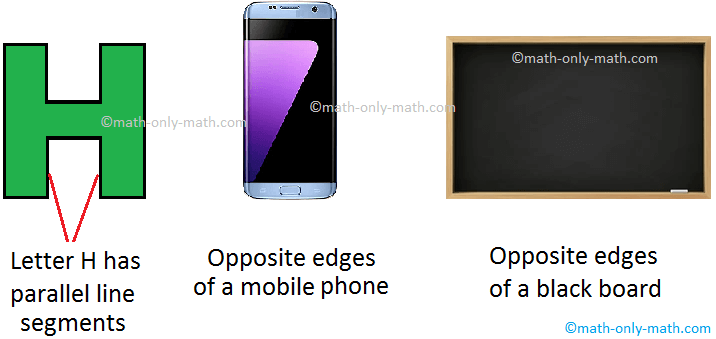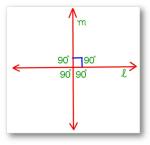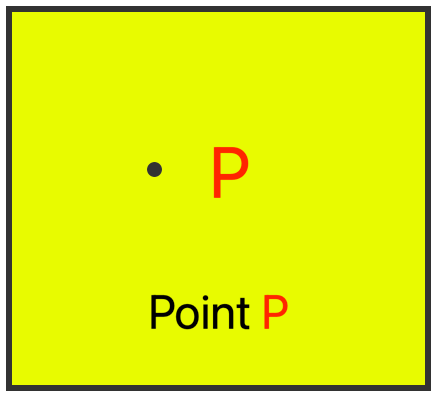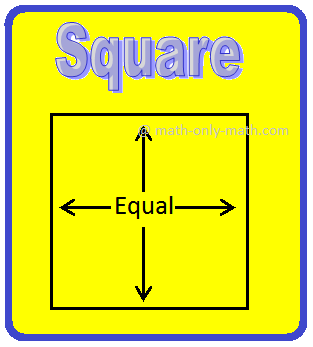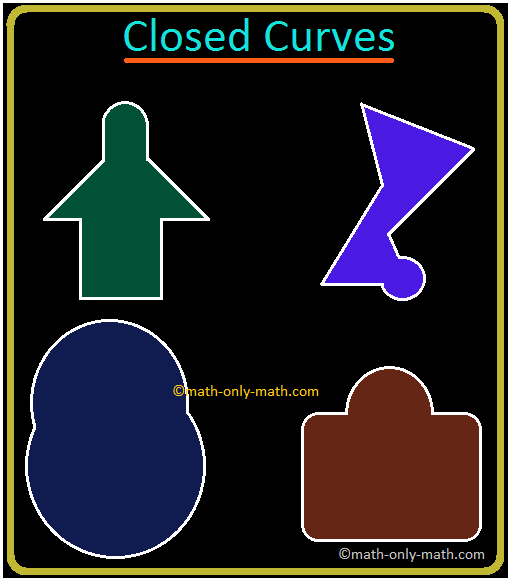Worksheet on Subtraction of Like Terms
Practice the questions given in the worksheet on subtraction of like terms. The questions are based on arranging all the groups of like terms and then they are subtracted.
1. Fill in the blanks:
(i) 7 – 4 = ____ and 7xy – 4xy = ____
(ii) 15 – 15 = ____ and 15ab – 15ab = ____
(iii) 5 – 13 = ____ and 5mn – 13mn = ____
(iv) 39 – 19 = ____ and 39xyz – 19xyz = ____
(v) 12 – 7 = ____ and 12abc – 7acb = ____
(vi) 13 – 1 =____ and 13amz – amz =____
2. Subtract arranging
the like terms:
(i) 2a – 7b from 8a – 11b + 7
(ii) –x3 + 3x2y + 2z3 from 9x3 – 5x2y – 4z3(iii) 8l – 4m - 2n from l – 3m – 7n
(iv) From 2a3 – b3 + 3c3 subtract 5a3 + b3 – c3
(v) From 5m2 – mn + 3n3 subtract 3m2 – 2nm – 2n3
(vi) From 5x4 + xy + 3y3 subtract 2x4 – 3xy – 2y3
3. Subtract the first term from the second term:
(i) 8m, 10m
(ii) 4xy, 6yx
(iii) 5mn, 7mn
(iv) 15ab, 30ab
(v) 17ax2, 9ax2(vi) 23pq, 18pq
4. The sum of two expressions is a – b + 4c if one of the term is 2a – 7b – c, find the other.
5. What should be subtracted from -11p + 3q – 5r to obtain 15p – 17q + 7r.
6. How much is a3 + b3 + c3 less than -2a3 + 5b3 – 9c3?Answers for the worksheet on subtraction of like terms are given below to check the exact answers of the above questions.
Answers:
1. (i) 3, 3xy
(ii) 0, 0
(iii) -8, -8mn
(iv) 20, 20xyz
(v) 5, 5abc
(vi) 12, 12amz
2. (i) 6a - 4b + 7
(ii) 10x3 – 2x2y – 6z3(iii) -7l + m – 5n
(iv) -3a3 – 2b3 + 4c3
(v) 2m2 + 5n3
(vi) 3x4 + 4xy + 5y3
3. (i) 2m
(ii) 2xy
(iii) 2mn
(iv) 15ab
(v) -8ax2(vi) -5pq
4. -a + 6b + 5c
5. -26p + 20q – 12r
6. -3a3 + 4b3 – 10c3● Terms - Worksheets
Worksheet on Like and Unlike Terms
Worksheet on Addition of Like Terms
Worksheet on Subtraction of Like Terms
Worksheet on Adding and Subtracting Like Terms
Worksheet on Combining Like Terms
Worksheet on Addition of Unlike Terms
Math Home Work Sheets
From Worksheet on Subtraction of Like Terms to HOME PAGE
Didn't find what you were looking for? Or want to know more information about Math Only Math. Use this Google Search to find what you need.
Recent Articles
-
What are Parallel Lines in Geometry? | Two Parallel Lines | Examples
Apr 19, 24 04:39 PM
In parallel lines when two lines do not intersect each other at any point even if they are extended to infinity. What are parallel lines in geometry? Two lines which do not intersect each other -
Perpendicular Lines | What are Perpendicular Lines in Geometry?|Symbol
Apr 19, 24 04:01 PM
In perpendicular lines when two intersecting lines a and b are said to be perpendicular to each other if one of the angles formed by them is a right angle. In other words, Set Square Set Square If two… -
Fundamental Geometrical Concepts | Point | Line | Properties of Lines
Apr 19, 24 01:50 PM
The fundamental geometrical concepts depend on three basic concepts — point, line and plane. The terms cannot be precisely defined. However, the meanings of these terms are explained through examples. -
What is a Polygon? | Simple Closed Curve | Triangle | Quadrilateral
Apr 19, 24 01:22 PM
What is a polygon? A simple closed curve made of three or more line-segments is called a polygon. A polygon has at least three line-segments. -
Simple Closed Curves | Types of Closed Curves | Collection of Curves
Apr 18, 24 01:36 AM
In simple closed curves the shapes are closed by line-segments or by a curved line. Triangle, quadrilateral, circle, etc., are examples of closed curves.
● Terms

